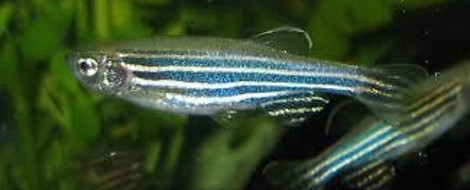Your podcast discovery platform
Curious minds select the most fascinating podcasts from around the world. Discover hand-piqd audio recommendations on your favorite topics.

piqer for: Global finds Technology and society
I have worked in both University and Private sector labs and studied biology at UT Austin.
After leaving academic research I helped form Prophase BioStudios and built a laboratory out of a local Hackerspace.
Using the laboratory at Prophase BioStudios I started doing my own independent experiments that led me to create my Biomanufacturing company, Portunus.
My interests are primarily in biotechnology, particularly in the realms of fabrication and human enhancement.
Sleep And DNA Repair And The Value Of Blogging
This episode of Talking Biotech begins with a call to action on the part of the host and first guest regarding the value of blogging and social media for the proliferation of science. The first guest explains that real researchers and doctors, despite their reservations about the quality of audience on certain outlets, need to make themselves heard in order to keep the internet a source of quality information. Despite time constraints and frustrations with audience interaction, the guest claims that grad students will find blogging and posting about their research to be well worth it; both in resume building and spreading quality information.
Then Lior Appelbaum discusses his research, published in Nature Communications, on the DNA repair done in nervous system cells using Zebra fish as a model. Dr. Appelbaum speaks a lot about chromosome dynamics (the movement of the chromosome within the nucleus correlated with the amount of transcription taking place) and how they are connected to both quality of sleep and DNA repair. The Zebra fish, both because of their short life cycle and being vertebrates, are good models for sleep research and models of how melatonin affects the body.
